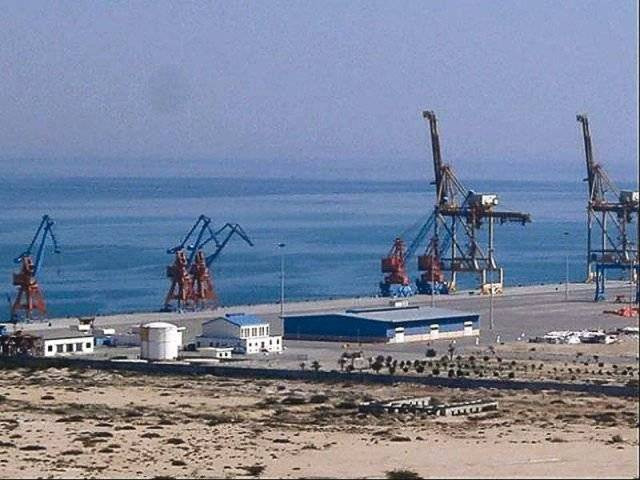Pakistan on the global chessboard
The fall in oil prices has benefited the country in reducing its trade and current account deficits

PHOTO: FILE
Saudi Arabia’s stance on keeping production high has not gone down well with other producers, but the move is meant to drive out small-scale, high-cost players. Its move to mull selling a stake in the state oil giant, Saudi Aramco, has come out of the need to raise capital. News that economic sanctions on oil-producing Iran have been lifted is likely to add to the glut of supply that has already caused prices to tumble by almost 80 per cent since June 2014. Meanwhile, global economic activity has been hit and companies are now looking at ways to cut costs, as stocks plunge to lows amid concerns about China going through its slowest growth period in over a quarter of a century. The oil and gas sector was already taking a hammering and investors are now looking to hold on, unwilling to incur further losses.
In the midst of all this, where does Pakistan stand? The fall in oil prices has benefited the country in reducing its trade and current account deficits, also giving the government an ideal chance to trim its expenditure on subsidies. Its IMF programme has continued to help increase its reserves and a comfortable cushion has been created to sustain imports. The newly-formed Pakistan Stock Exchange (PSX) is now ready to host a strategic investor and the China-Pakistan Economic Corridor (CPEC) is tipped to be at take-off point. Remittances continue to be the saving grace and increased tax rates have enabled the country’s tax machinery to meet its target for the second quarter. But the global economic turmoil has brought with it a set of issues for the country. Exports continue to fall at an alarming rate, proving to be a headache for policymakers desperate to drive out the debt-driven growth model and create a sustainable method to increase foreign exchange reserves. The CPEC has caused rift among political parties and provinces, and overdependence on China, which is faced with stock market and growth issues at home, are worrying developments.
However, news that Pakistan would be up for a review in May that could help reclassify the country as an emerging market has given a ray of hope to investors. An unrelenting foreign sell-off has forced local investors to pull back as well, but the PSX has managed to hover around the 30,000-point level, indicating an increased confidence in it. An improved regulatory framework will also go a long way in boosting confidence, and steps have been taken in that direction. The government’s attempts at mitigating the effects of the global slowdown have resulted in the announcement of a subsidy for farmers, but long-lasting, effective changes to the system remain missing. While the government has reaped benefits from falling oil prices, the failure of the export sector to come to the party has thwarted goals of increasing the growth rate. Tax revenue has largely been raised through increasing tax rates, but efforts to reform the tax machinery have hit snags at every stage. Till the time Pakistan diversifies its exports by focusing on sectors other than textile, it will continue to look towards external factors and lenders to sustain growth. Cotton production has hit new lows and imports from India are now being banked upon. Why Pakistan doesn’t increase focus on its IT sector and facilitate start-ups is beyond comprehension. Given the state of the global economy, it needs to tap into other sectors and the time for that is now.
Published in The Express Tribune, January 27th, 2016.
Like Opinion & Editorial on Facebook, follow @ETOpEd on Twitter to receive all updates on all our daily pieces.














COMMENTS
Comments are moderated and generally will be posted if they are on-topic and not abusive.
For more information, please see our Comments FAQ